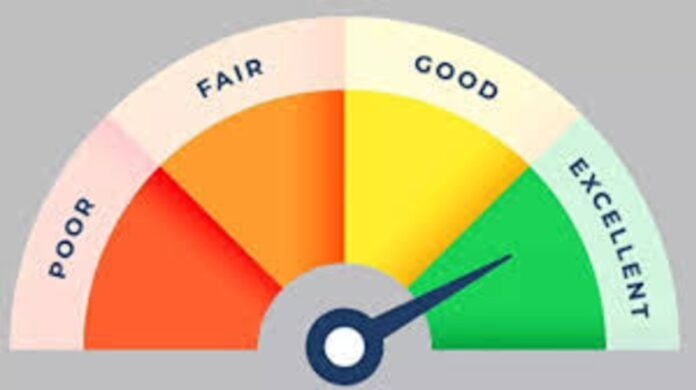Your CIBIL score determines your financial credibility. Whether you are applying for a loan, want to get a credit card or want to negotiate a better interest rate – a higher score gives you more financial opportunities. A little discipline, smart planning and regular monitoring are necessary to improve your position.
Let’s see 5 effective ways that will help you move up in the CIBIL score range.
Understanding the CIBIL Score Range
The CIBIL score range is a 3-digit number (300–900) that reflects your creditworthiness:
- 300 – 549: Poor score, high-risk borrower
- 550 – 699: Fair score, moderate-risk borrower
- 700 – 749: Good score, loan approval chances strong
- 750 – 900: Excellent score, low-risk borrower with best rates
If you are in the 750+ range, then it is important to adopt smart financial habits.
1. Regularly Monitor Your CIBIL Score
If you want to improve your score, then first you have to understand where you stand right now. You can check your detailed credit report from the CIBIL Login Member account.
Steps:
- Register/login on CIBIL website.
- Download your credit report and analyse it.
- If there is any error or wrong information, raise a dispute.
This will help you timely identify which issues are dragging your score down.
2. Pay bills and EMIs on time
Payment history accounts for 35% of CIBIL score. If you miss the due date or pay late, it has a direct negative impact on the score.
Tips:
- Set up reminders or auto-debit.
- Credit card, EMI, personal loan – pay everything on time.
- Every timely payment boosts your credit reputation.
3. Maintain Low Credit Utilization
Credit utilization ratio means how much % of your credit limit you are using. Best practice is to keep it to less than 30%.
Tips:
- Request a credit limit increase.
- Distribute expenses by using multiple cards.
- Clear outstanding balances on time.
- Balanced usage shows that you handle credit responsibly.
4. Diversify Your Credit Portfolio
Taking just one type of loan or card is not enough. A good credit history shows that you can handle both secured (home loan, car loan) and unsecured (credit card, personal loan) responsibly.
Just keep in mind – do not apply unnecessary loans or cards frequently. Controlled and planned borrowing boosts your score.
5. Avoid Frequent Credit Applications
Every time you apply for a loan or credit card, lenders make a hard inquiry. Too many inquiries mean you are under financial stress – and your score goes down. As a CIBIL login member, you can easily track these inquiries, monitor your credit health, and take timely steps to improve your score.
Tips:
- Apply only for products that meet the eligibility criteria.
- Keep a gap of 3–6 months between each application.
- Use pre-approved offers from your bank/NBFC.
- Fewer inquiries mean better score stability.
Conclusion
Improving your CIBIL score is a gradual process that requires patience and discipline. Regularly monitoring, timely payments, low utilization, diversified portfolio and fewer applications – all these together will take your position higher in the CIBIL score range.
The benefits of a high score are – low interest rates, fast approvals and better loan terms. Follow these strategies from today itself and prove yourself to be a financially responsible borrower.







